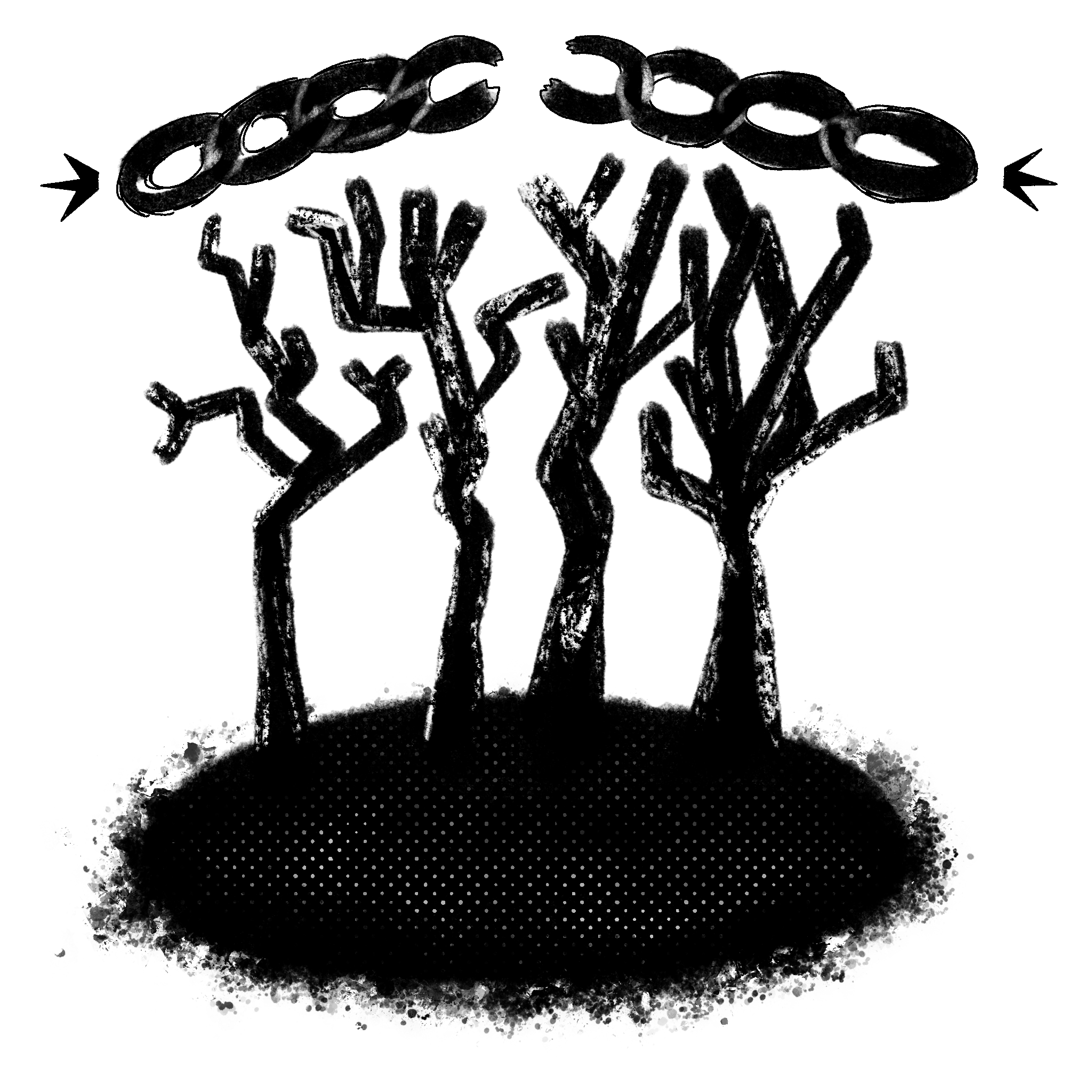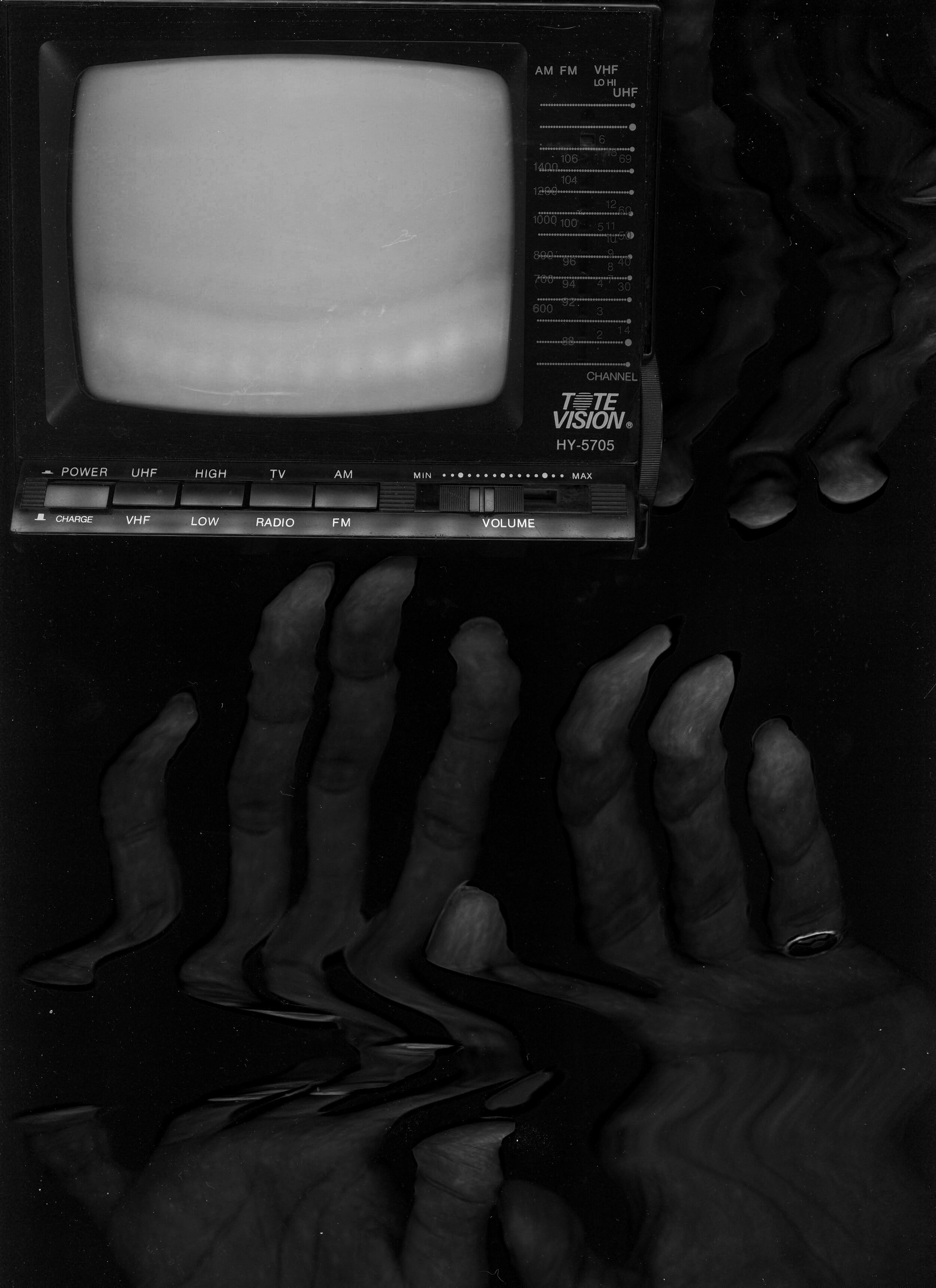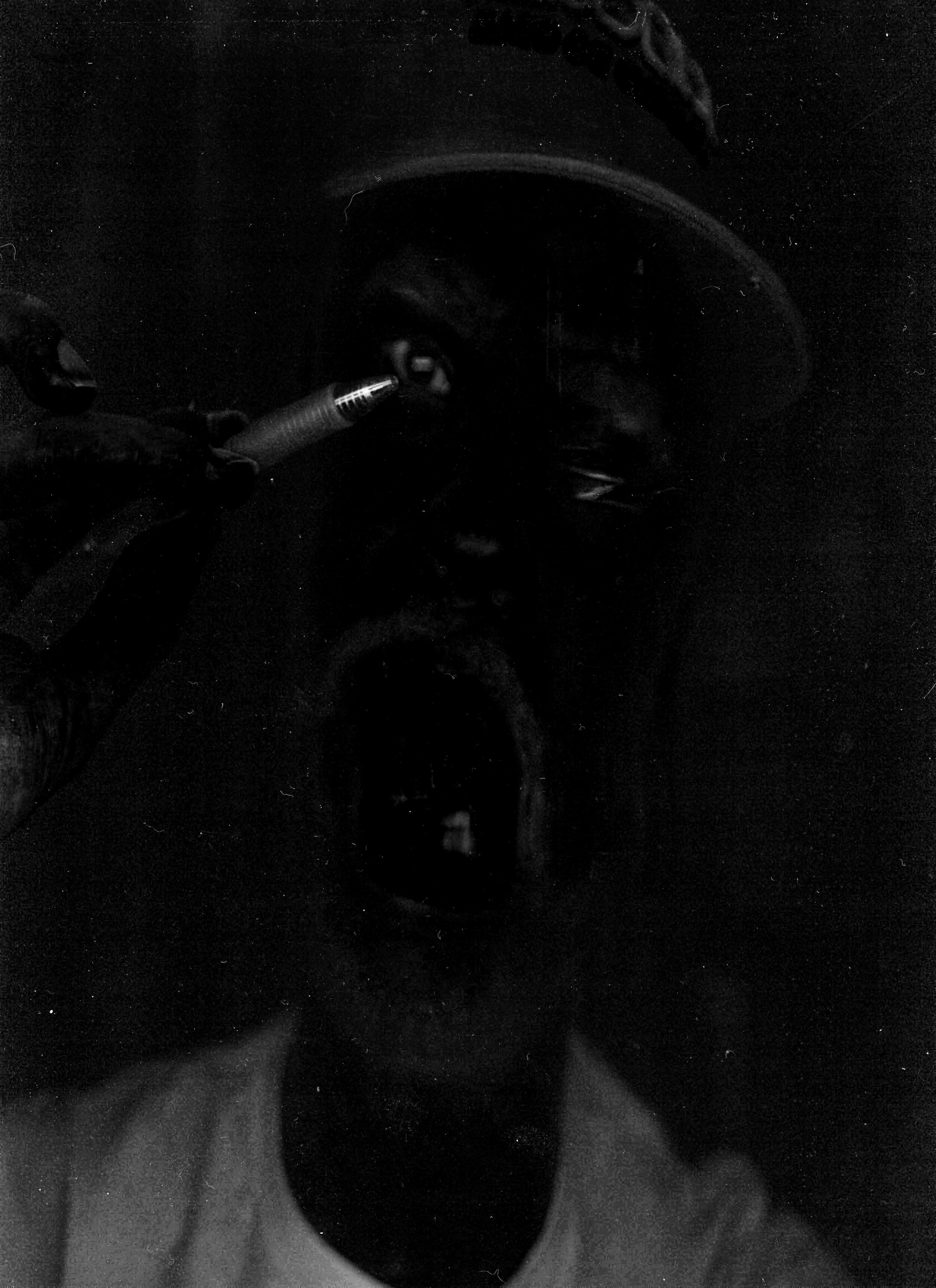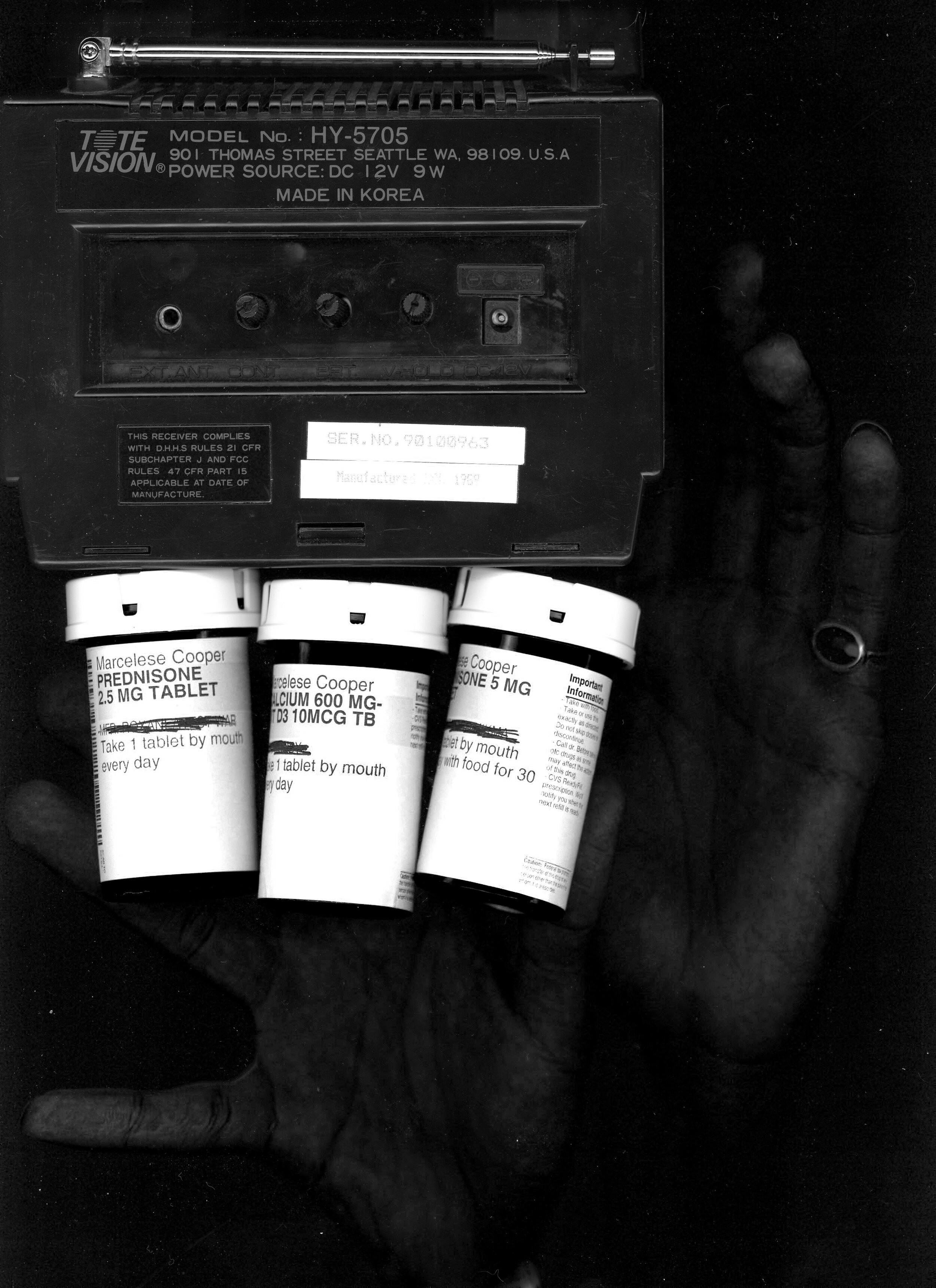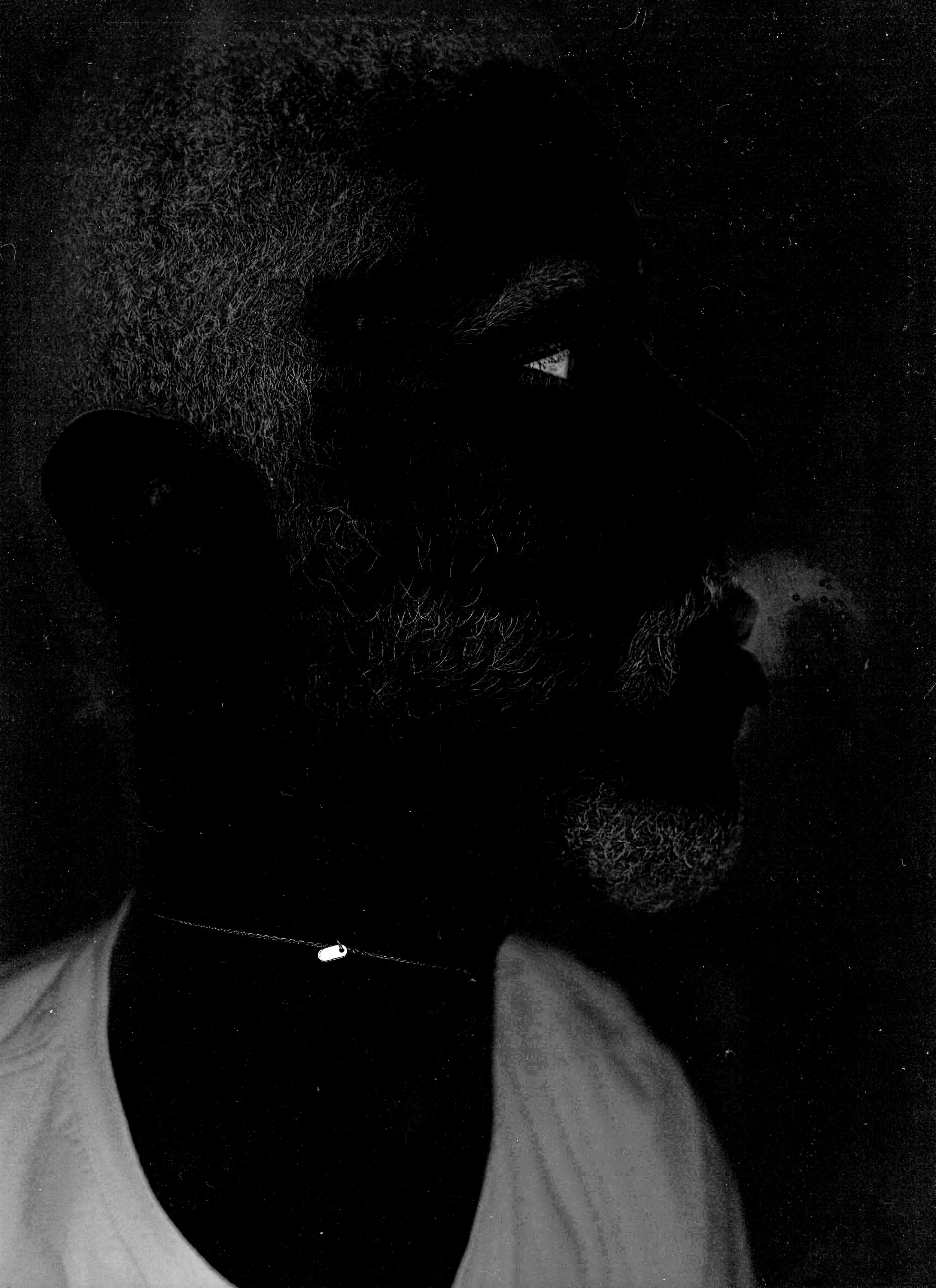I think back to this moment in particular because my father had spent 20 years in a system that urges you to shave away things that make you what you are and instead become part of a whole because you are not black now but an extension of others, you are a soldier, you are no longer nothing but something. What I realized was that it doesn’t matter where you place yourself in the world you are black at all times and so much of the world and its inhabitants seek to destroy you for this. I had several other instances of high conflict like I have described as well as more casual displays of racism in social settings which I was forced to navigate but ultimately when I went off to college I was prepared to deal with much of what I had come to accept as normal. I am alive because of what I have learned not only from the experiences of my parents but their parents and so on and so on. To be black is to be a library of knowledge built upon the love, the pain, and the spirit of resilience that is family and friends. Much of what pushed my father forward was the understanding that whether or not he is perceived as black he knows that he most likely is perceived as a threat by someone and so he should become strong enough, smart enough, and seek any and all opportunities to ascend so far above these dangers that perhaps the likelihood that I may too grow strong and persevere is higher.
Without a grasp of just how temporary safety is and what it means to contemplate survival one would be left vulnerable as a black person in America and certainly most places around the world. So, when I think of the question, “Is one’s current suffering necessary for their future survival?” I answer yes because all historical evidence points it’s finger at a society that has burned this function into our skins like an sociological branding. We have not always existed in this world as black beings, amongst ourselves certainly we were just human if any. I’m sure at some point we were seeds nestled into the ground and perhaps we became the trees. I’m sure we are the grass or maybe we rest among the waves along forgotten shores. But what is very clear is that our existence as we’ve known it for the past 500+ years as black people has depended on the understanding that in this reality where we suffer so greatly, blacks must be able to unpack and understand their suffering if they wish to ever know peace and outrun its sinister hold.
Returning to Warren‘s propositions would be beneficial if we are to discuss the difference of being versus being black. I believe it is in this distinction that we can truly dissect purpose and sense of self as a relates to one’s black identity. We explored one of his propositions previously but his second and third in his book are very particular in their approach, the second one argues “The Negro is invented, or born into modernity, through and ontometaphysical holocaust that destroys the coordinates of African existence. The Negro is not a human, since being is not an issue for it, and instead becomes ‘available equipment,’ as Heidegger would call it, for the purpose of supporting the existential journey of the human being. Black being is the evidence of an ontological murder, or onticide, that is irrevocable and irredeemable. The condition of this permanent severing between black being and being is what I call ‘execration of being’. In the sense, being does not withdraw from the Negro, as it does from the human, for what withdraws can re-emerge. Instead, being curses black being by creating an entity unintelligible within the field of ontology.” (Warren, 27) There is this since that the suffering and existence of black peoples isn’t currently tied to a purpose or function that is not derived from black peoples themselves but their classification within this reality. With their physical being and so being so tired too these struggles which push forward development above the culture and there is this metaphorical index of life which we are a left off of as the context of our being does not match that of the perceived default.
Considering the black body and its history as a tool both dependable and expendable there is a relationship with the self that black peoples must tackle for themselves when I reflect on the value, they generate not from the external but internal. Again we must reflect upon the culture and how black history is passed down from within both through music, dance, art, and various forms of storytelling and documentation; if not for black people‘s on where to document the self that exist beyond function we would truly be with your tools left outside to become worn and rusted while others carry on their existence. This distinction between being and black being is what makes me believe that suffering is necessary for future survival because so many of the tools and library cultural information African Americans have to pull from to support themselves have been generated or come from these experiences of trauma and though the trauma is generated by those who simply are, as people who do not exist but exist as black people we must use the byproduct of such hatred and turn it into empowerment and love as we often have. Desire to “exist in spite of...” as well as the perspective of the ever-evolving black experience wrapped up into one that creates a new path for a sense of self to unfold on that is dissimilar to our non-black counterparts. The world they know it’s something we will never see because it does not exist for us.
The third proposition that Warren argues is also relevant to this question of what it is to be black versus simply being. He states that, “ The Negro question that becomes the obsession of antebellum culture (‘what do we do about our free blacks?’) masks we ontological steaks involved in answering the question, since what the question is really about, as I propose, is what we do about the nothing that terrorizes us, that the stabilizes our metaphysical structure and ground of existence. The terms three and black do not just present political problems of citizenship, rights, and inclusion, but also present serious Ontological problems, since the boundaries of ontology - between human and property and freedom and unfreedom - are thrown into crisis with the presence of the free black. Ultimately, I propose that the Negro question is a proper metaphysical question, since the Negro is black and black(ness) has always been a terror for metaphysics. These propositions unfold through an engagement with different onto metaphysical discourses in the black radical tradition alongside and against hi Joe, since Hila just critique of metaphysics, as a disavowal, forgetting, and contempt of nothing assist us in understanding how metaphysics engages than nothing that it despises but needs (the tension between hatred and necessity). I, however, depart from Heidegger since black being is not human being (or Dasein) but available equipment, equipment in human form, that hydrogen does not consider because of his Eurocentric perspective.” (Warren, 27) There is a great deal to unpack in these assertions but it is certainly beneficial for us to first look more closely at the interpretation of nothingness in this case; we speak of value and history, we speak of trauma to no end but what is the meaning of nothing if that is what black peoples are metaphysically?
As it is understood under the assertions of Warren, The Negro question states black being as aligned with nothingness because the question itself infers that we are outside of what constitutes as the center position of life (something), that of being. If we do not fit within the parameters of being and are thus seen as tools or ontological problems, then we both exist and do not exist and thus send the metaphysics that apply to others in a state of disarray. In a framework where everything that is is something the existence of nothing or the absence of something is rather paradoxical. If one is not black then they will never experience black existence and so the black experience is absent from anywhere inside or outside what is excepted as a proper position within metaphysics and this is where our state of matter as nothing emerges as the only sensible definition to attach. Warren refers to this issue as an inside/outside paradox. He infers answering these questions will ultimately lead to even more questions, or what he believes to be a fundamental question, “how is it going with black being?”

